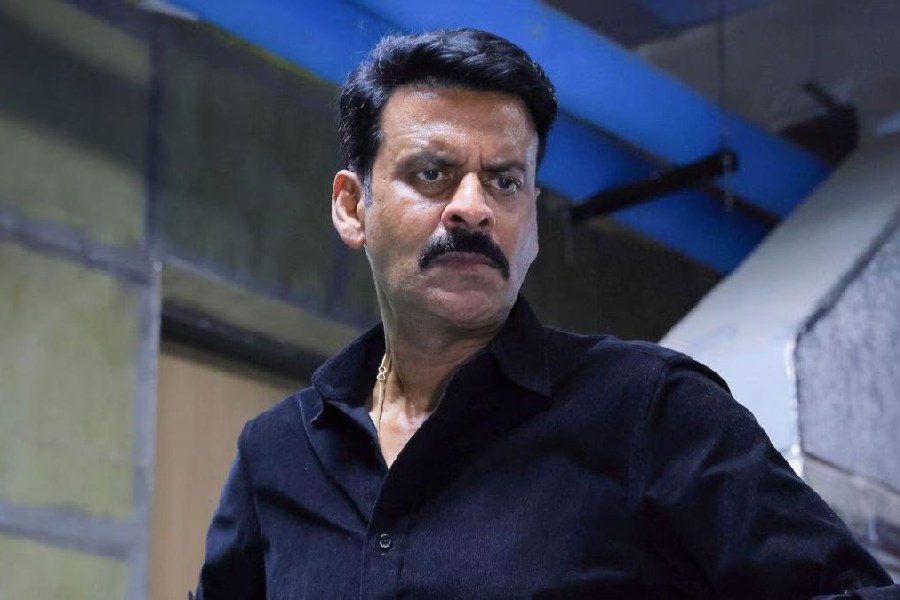Patna, May 27: Dynastic politics in Bihar is as old as independent India.
From Srikrishna Sinha, the state’s first chief minister, setting the ball rolling to Lalu Prasad bringing his sons into politics — it has been an old tradition with a few exceptions.
Sinha recommended SN Sinha as a member of the provisional parliament in 1950. SN Sinha, popularly known as Chhote Sahib in the political circles, was the son of AN Sinha, the second in command in Srikrishna’s cabinet. Chhote Sahib (to his father’s Bare Sahib) went on to represent south Bihar’s Aurangabad Lok Sabha seat nine times and finally become chief minister in the late 1980s.
While Srikrishna’s brother Bandi Shankar was a cabinet minister in the 1980s, SN Sinha’s family members remained in the corridors of power. If wife Kishori Sinha and daughter-in-law Shyama Sinha represented the Vaishali Lok Sabha seat at various points of time in the 1980s, son Nikhil Kumar, a former Delhi police commissioner and a third generation leader in the family, is at present the Kerala Governor.
In this backdrop, all eyes are set on Lalu’s two sons — Tej Pratap and Tejaswi. A debate erupted over the sons entering politics with a light-hearted joke of chief minister Nitish Kumar.
“Earlier, it was S-1, S-2. Now it is T-1, T-2,” he guffawed recently at his janata durbar. Those in the political circles interpreted S-1, S-2 as Lalu’s infamous brothers-in-law Sadhu and Subhas and T-1, T-2 as Tej Pratap and Tejaswi. Irked at his friend-turned-foe’s jibe, Lalu countered: “What will my sons do? Will they pick up the lotus (the communal BJP’s symbol) instead of the lantern, the symbol of our secular party?”
Nitish can speak too. He is among the miniscule group of leaders who have remained insulated from involving their family members in politics.
A day ahead of going to jail over the fodder scam cases in July 1997, Lalu had famously pitch-forked wife Rabri Devi to the chief minister’s chair straight from the kitchen. RJD leaders see no harm in their boss pushing for his sons.
“If you see objectively, Lalu is doing hardly anything wrong by introducing his sons, grown up now, in politics. Tej Pratap and Tejaswi are young and energetic and they have every right to get their father’s affectionate encouragement in the career of their choice,” said senior RJD leader Vijay Krishna.
However, another RJD leader, wishing for anonymity, countered that the manner in which Lalu promoted his wife and in-laws has made the political class and people at large sceptical about his ways to protect his family members’ interest in politics.
But Lalu is hardly the first in the line of “protective fathers”. The first generation Dalit leader and late Congress veteran, Jagjivan Ram was one of the first. His son Suresh Ram was a cabinet minister in 1969, while his daughter Meira Kumar is today the Speaker of the Lok Sabha.
Recently Vivek Thakur, C.P. Thakur’s son, was accommodated in the Legislative Council. Sources said C.P. Thakur even resigned as the state party chief ahead of the 2010 Assembly elections to secure an Assembly ticket for Vivek. Another son carrying forward the family baton is Nitish Mishra, former chief minister Jagannath Mishra’s son. The elder Mishra, the brother of late railway minister LN Mishra, held the reins of the state’s power for three tenures.











